Uttar Pradesh Switch to Hindi
Dhammachakra Pravartana Divas
Why in News?
Ashadha Purnima was commemorated with deep spiritual devotion at Sarnath by the International Buddhist Confederation (IBC), in collaboration with the Ministry of Culture and the Mahabodhi Society of India.
- The occasion marks Dhammachakra Pravartana Divas, celebrating Lord Buddha’s first sermon.
Key Points
- About the Buddhism:
- It is a spiritual tradition founded in the 6th century BCE by Siddhartha Gautama, who is known as the Buddha.
- It originated in India and has since spread across Asia and the world.
- The central aim of Buddhism is to overcome suffering and attain nirvana, a state of liberation and inner peace. This is achieved by following the Four Noble Truths:
- Life involves suffering (dukkha).
- Suffering is caused by desire and attachment.
- Suffering can end.
- The path to end suffering is the Eightfold Path.
- The Eightfold Path includes right understanding, intention, speech, action, livelihood, effort, mindfulness, and concentration.
- Buddhism emphasizes ethical conduct, mental discipline, and wisdom.
- Key concepts include karma (the law of moral causation), rebirth, and meditation.
- There are three major branches of Buddhism:
- Theravāda (practiced mainly in Sri Lanka and Southeast Asia)
- Mahāyāna (practiced mainly in China, Korea, and Japan)
- Vajrayāna (practiced mainly in Tibet and Mongolia)
- Important texts include the Tripiṭaka (Pali Canon) and various Mahāyāna Sūtras.
- The Dharma Wheel is a common symbol representing the teachings of the Buddha.
Major Buddhist Sites in Uttar Pradesh:
- Kapilvastu (Siddharthnagar): Childhood home of Buddha; where he saw the Four Sights that led to renunciation.
- Sarnath: Site of Buddha’s first sermon and formation of the Buddhist Sangha.
- Shravasti: Buddha spent 25 rainy seasons here; site of Jetavana Monastery and Twin Miracle.
- Sankisa: Believed to be the place where Buddha descended from heaven after teaching his mother.
- Kaushambi: Location of Ghositarama Monastery; important for Buddha’s teachings and Sangha training.
- Kushinagar: Site of Buddha’s Mahaparinirvana (death) and cremation under the Sal trees.
- Ramgram (Maharajganj): Contains the only untouched stupa with Buddha’s relics.
- Devadaha: Maternal home of Buddha’s mother, stepmother, and wife; place of early teachings.
Uttar Pradesh Switch to Hindi
UP Prohibition of Unlawful Conversion of Religion Act, 2021
Why in News?
The Enforcement Directorate (ED) has registered a case under the Prevention of Money Laundering Act (PMLA), 2002 related to an alleged religious conversion racket exposed in Balrampur, Uttar Pradesh.
- ED launched its probe after an FIR filed under the Uttar Pradesh Prohibition of Unlawful Religious Conversion Act, 2021.
Key Points
- Uttar Pradesh Prohibition of Unlawful Conversion of Religion Act, 2021:
- It aims to regulate religious conversions and prohibit conversions achieved by misrepresentation, force, undue influence, coercion, allurement, or any fraudulent means.
- Illegal conversion carries a standard punishment of imprisonment and a fine.
- Enhanced punishment of imprisonment and a fine applies if the victim is a woman, a minor, or belongs to a Scheduled Caste or Scheduled Tribe.
- Repeat offenders may face up to double the relevant punishment. Any marriage conducted for the purpose of unlawful conversion is declared void.
- Earlier, the Uttar Pradesh Legislative Assembly passed the Uttar Pradesh Prohibition of Unlawful Conversion of Religion (Amendment) Bill, 2024, significantly altering the original 2021 anti-conversion law by making its provisions more stringent.
- Prevention of Money Laundering Act (PMLA) 2002:
- Key Provisions:
- Defines money laundering as concealment, possession, acquisition, or use of proceeds from crime, projecting them as legitimate assets.
- Empowers the Enforcement Directorate (ED) to investigate offenses, conduct raids, and attach proceeds of crime.
- Mandates financial institutions to report suspicious transactions to the Financial Intelligence Unit – India (FIU-IND) for scrutiny.
- Establishes Special Courts to expedite trials of money laundering cases, ensuring legal deterrence.
- Includes a wide range of predicate offenses under the Schedule of Offenses, covering economic offenses, corruption, drug trafficking, and terrorism.
- Effectiveness:
- Stronger deterrence: The PMLA deters financial crimes through strict investigation, prosecution, and asset confiscation in major fraud and economic offenses.
- Enhanced international cooperation: India collaborates with Interpol and the FATF (Financial Action Task Force) to track illicit funds.
- Better financial monitoring: Banks and financial institutions are obligated to implement Know Your Customer (KYC) norms, reducing money laundering risks.
- Key Provisions:
Key Constitutional Provisions Related to Religious Conversion
- Article 25: Guarantees freedom of conscience and the right to freely profess, practice, and propagate religion, subject to public order, morality, and health. The state can regulate or restrict any economic, financial, political, or other secular activity associated with religious practice.
- It also allows for the regulation of secular activities associated with religious practice and the throwing open of Hindu religious institutions to all classes and sections of Hindus.
- Article 26: Entitles every religious denomination to manage its own religious affairs, subject to public order, morality, and health.
- Articles 27 to 30: Guarantee freedom to manage religious affairs, contribute monetarily to any religion, and set up and administer educational institutions.





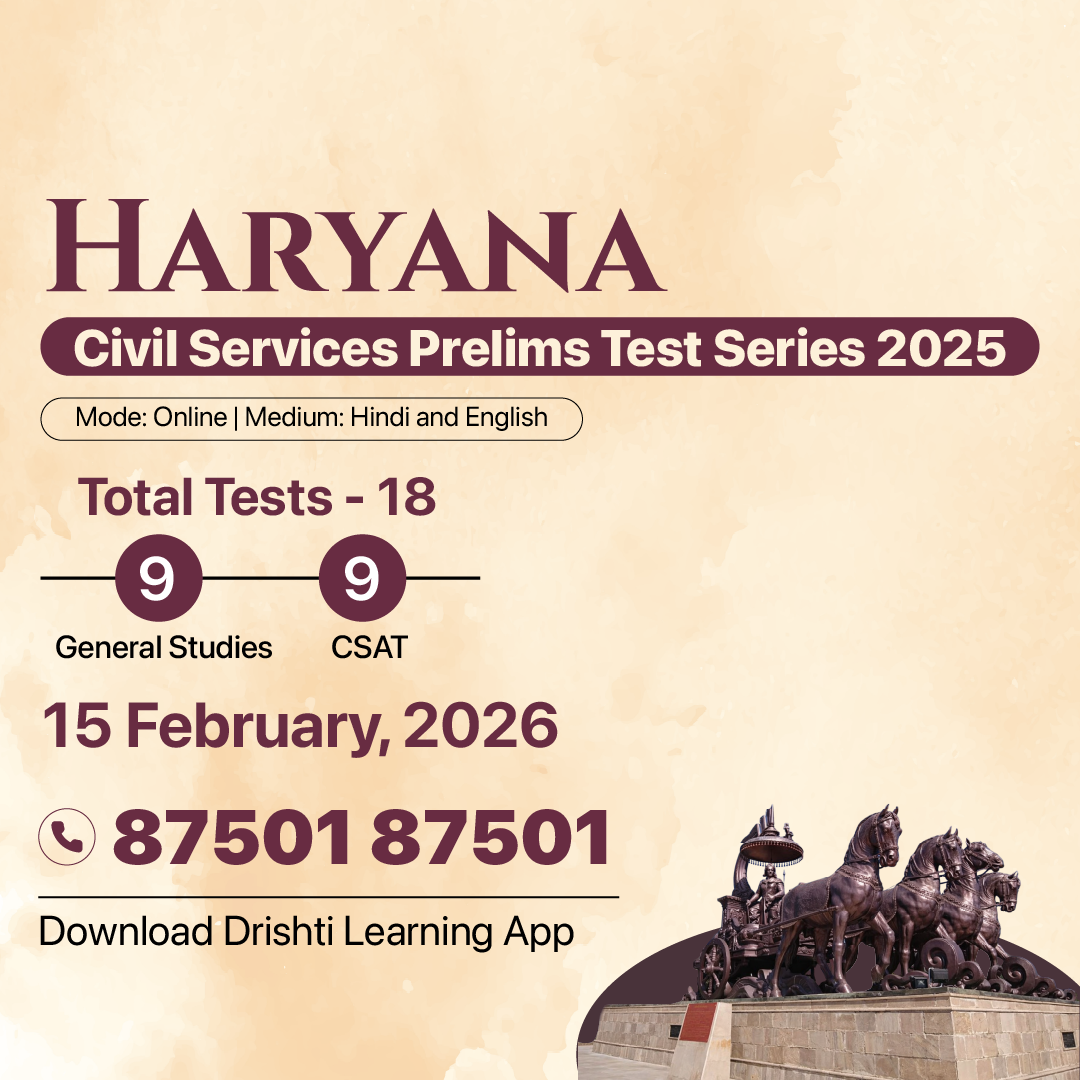

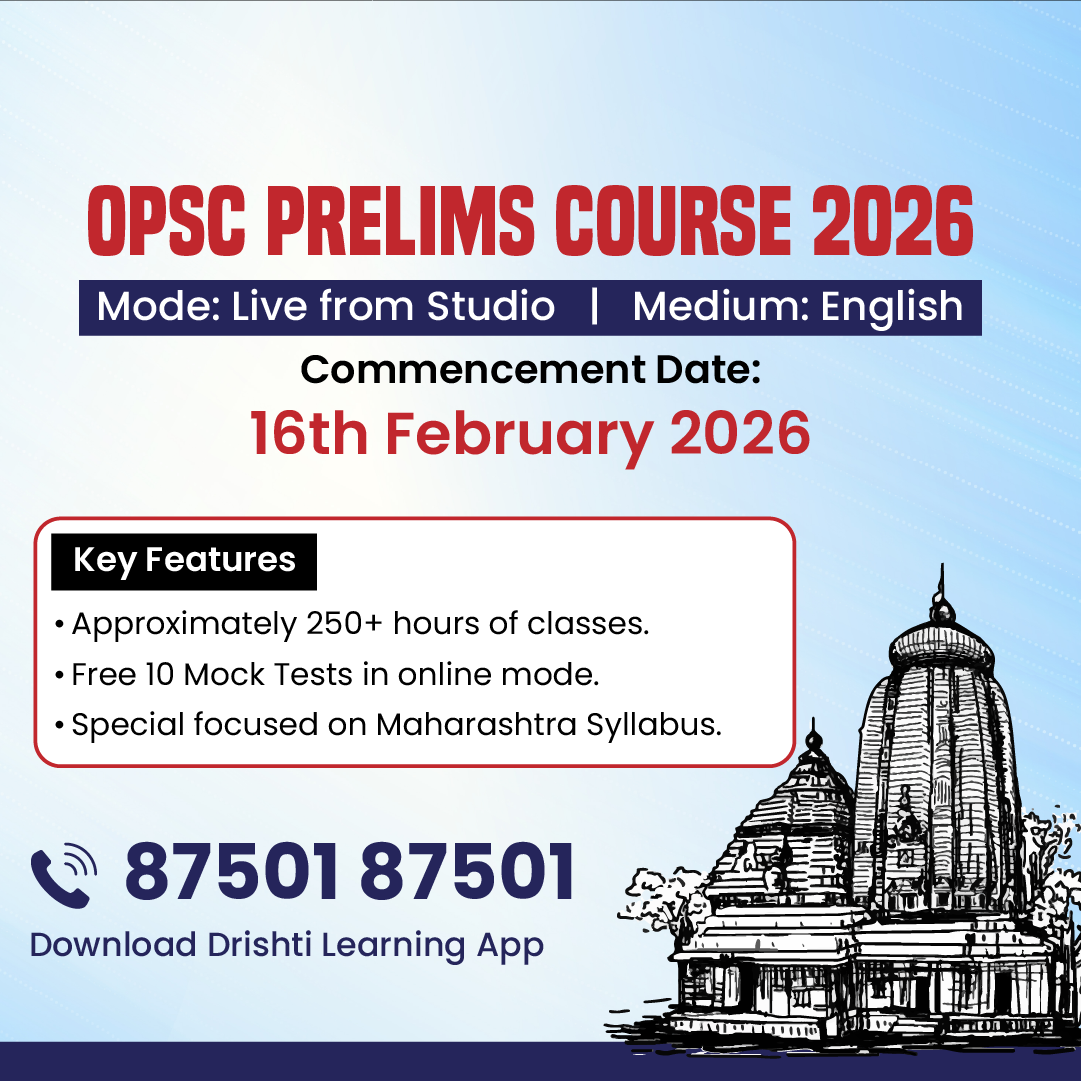

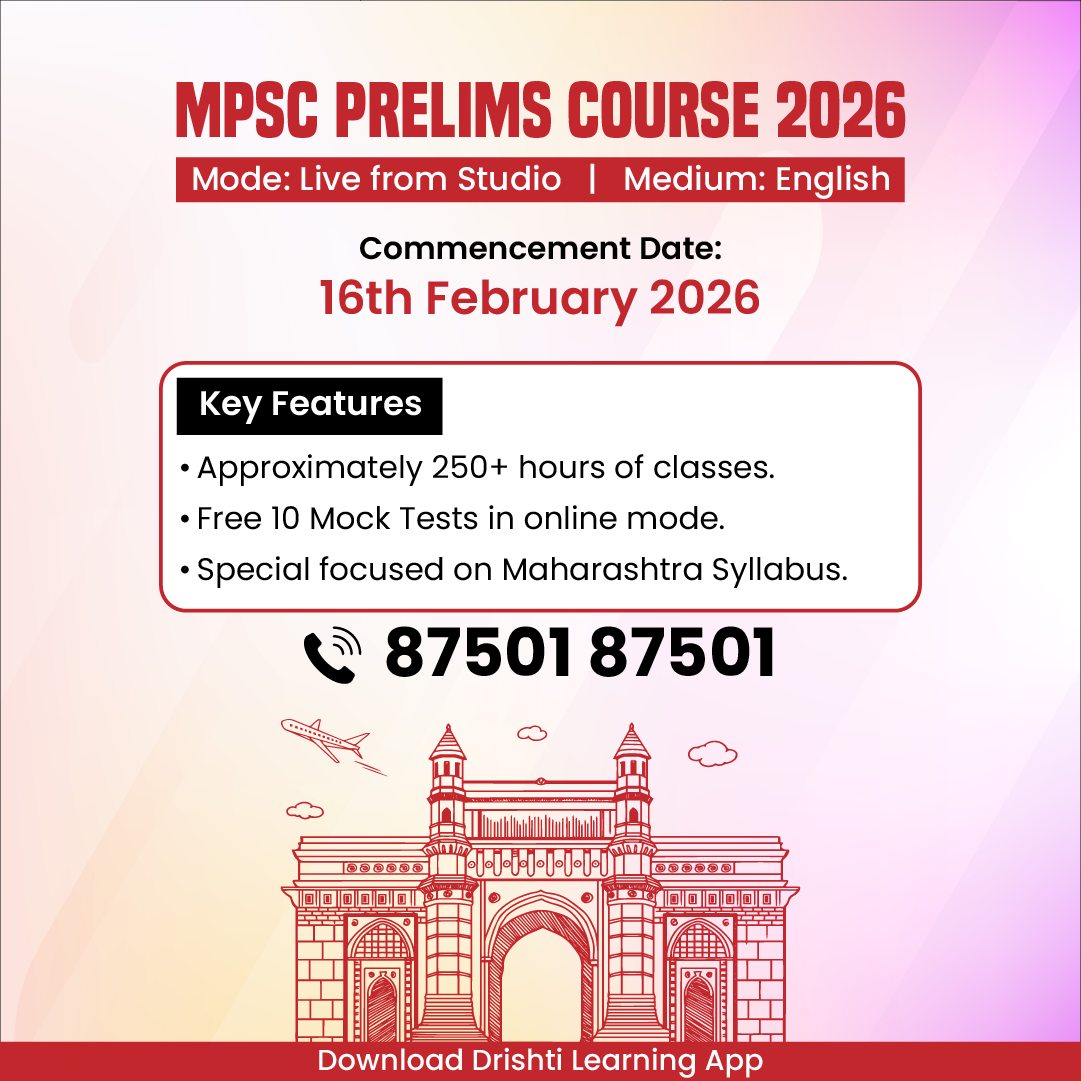

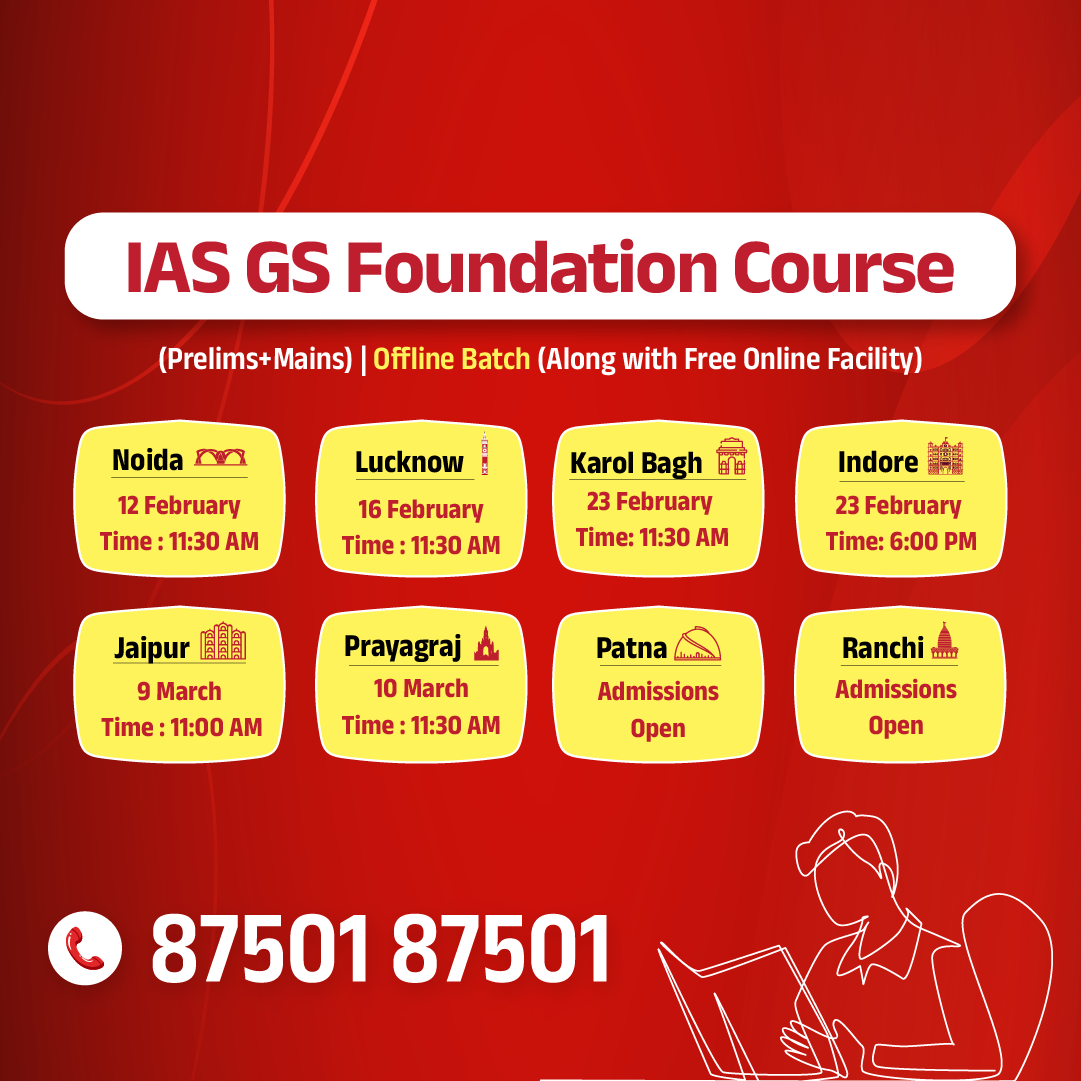
.jpg)
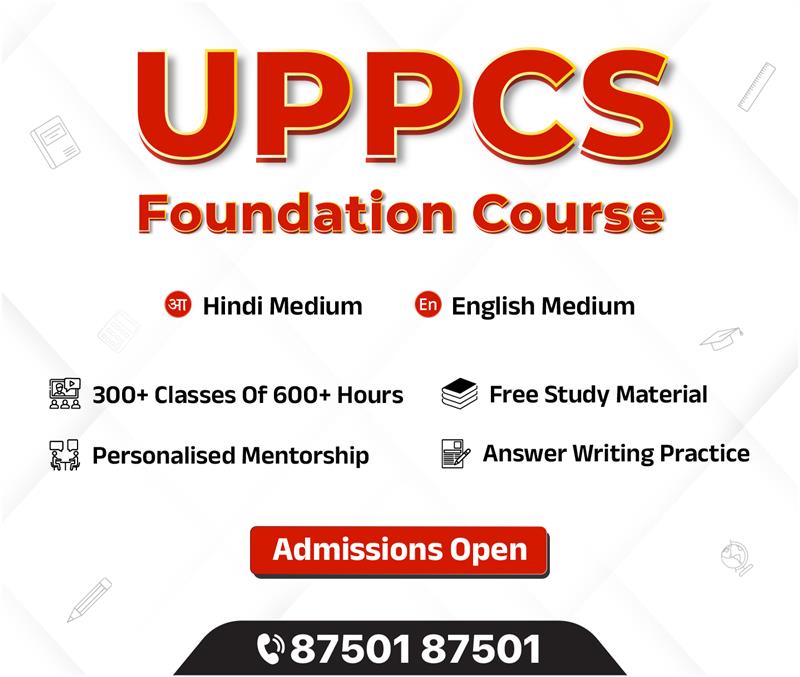

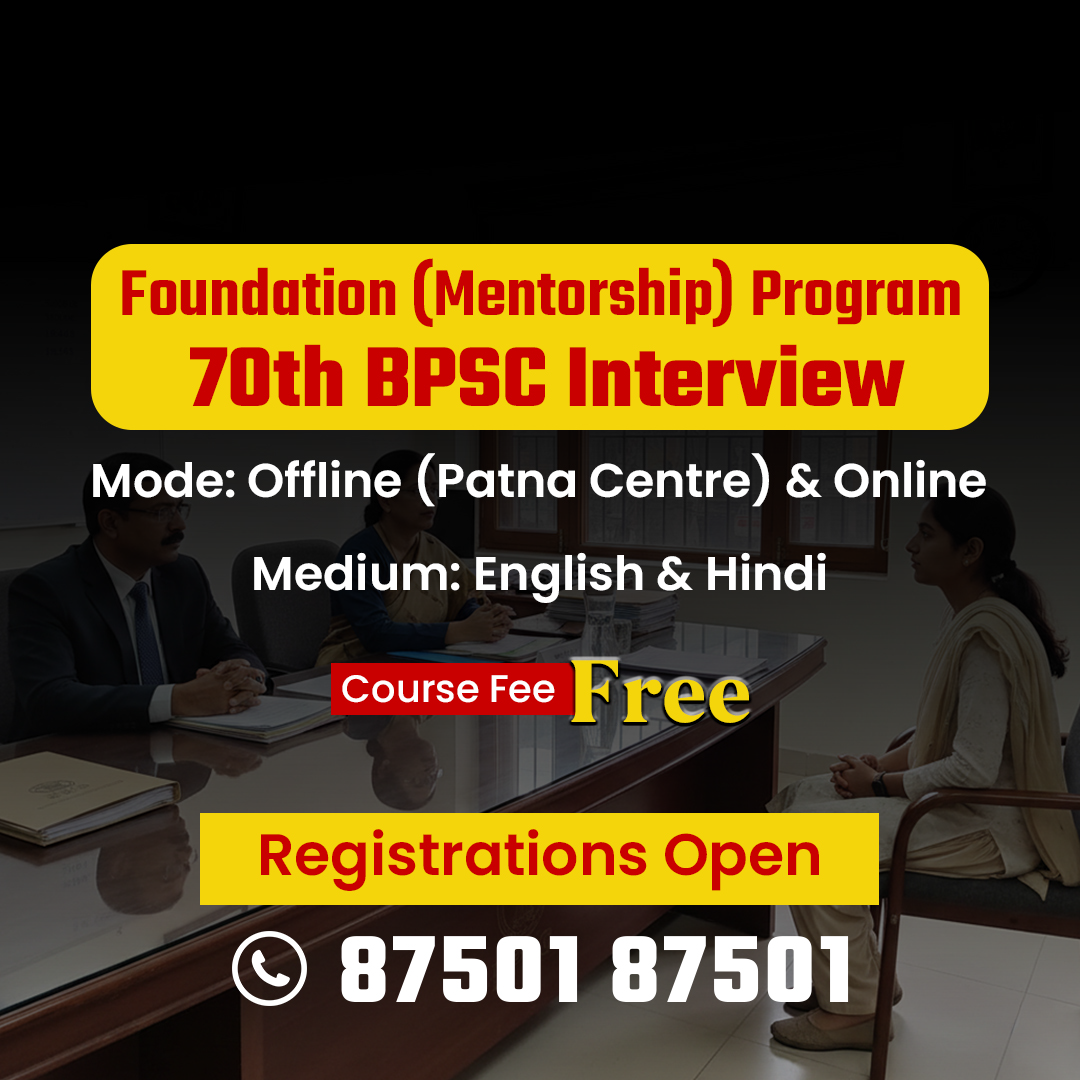

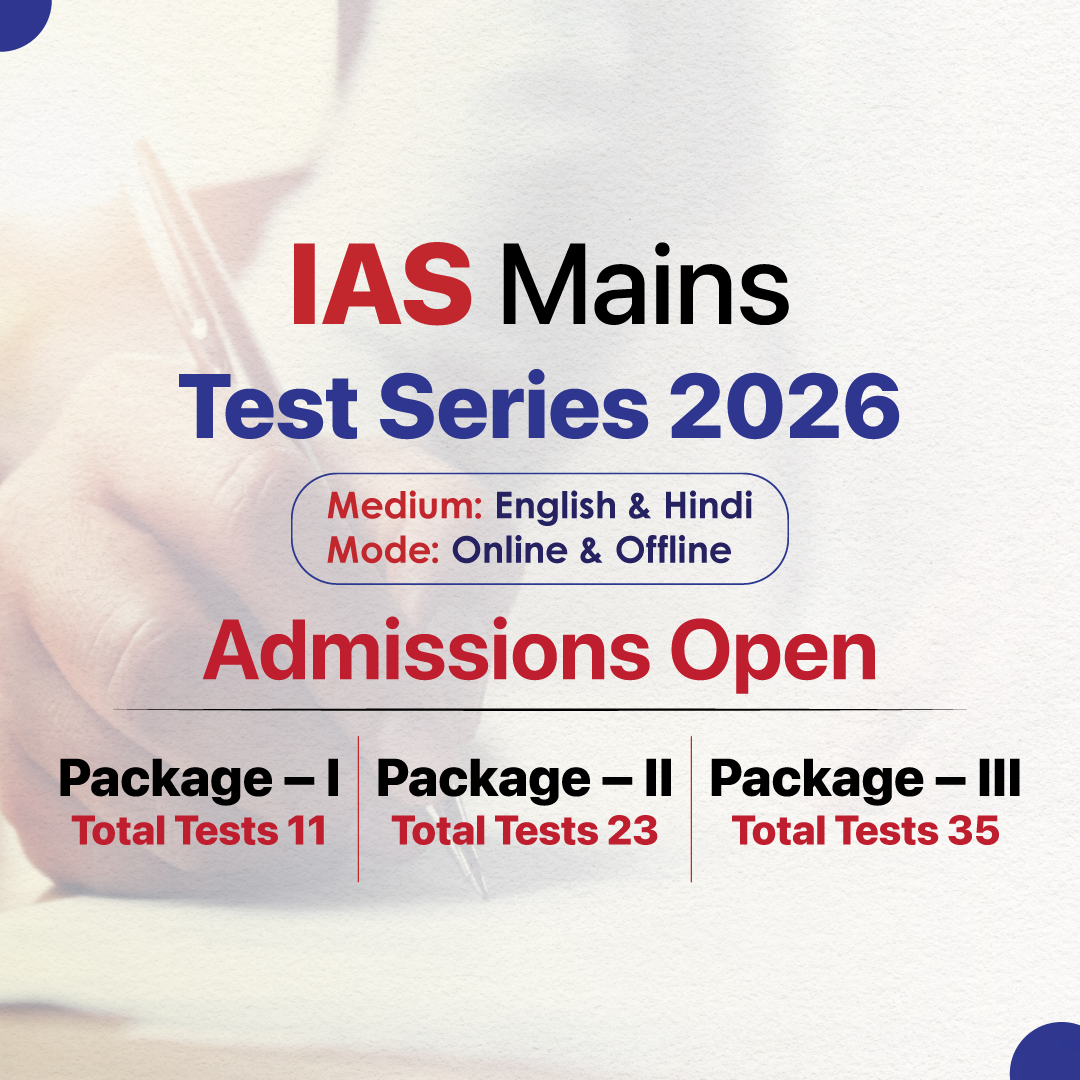

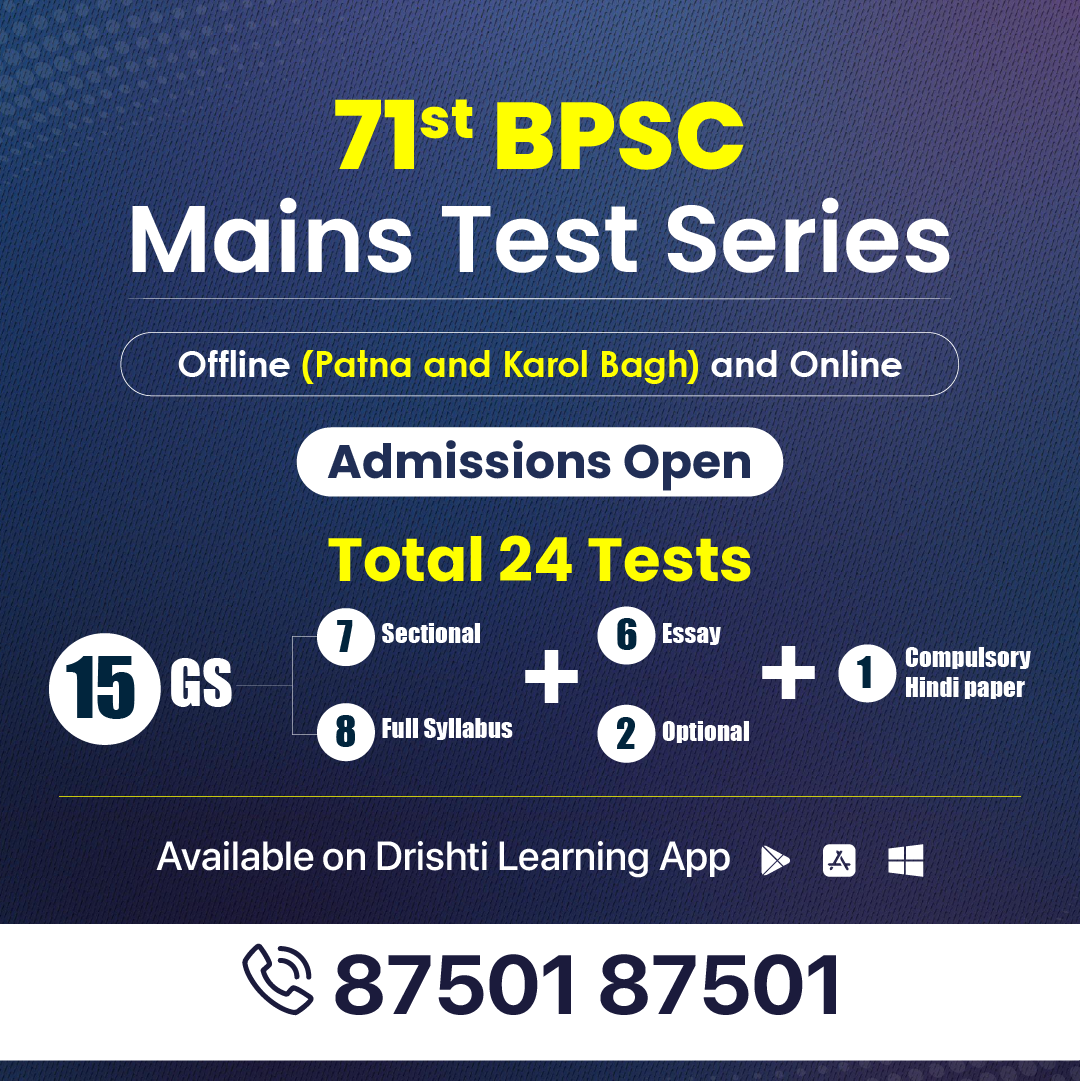
.png)
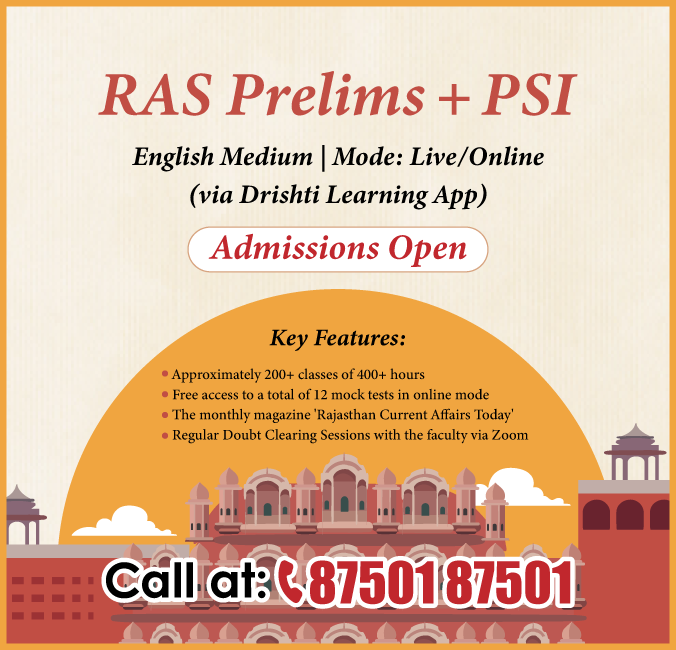

.jpg)

 PCS Parikshan
PCS Parikshan

